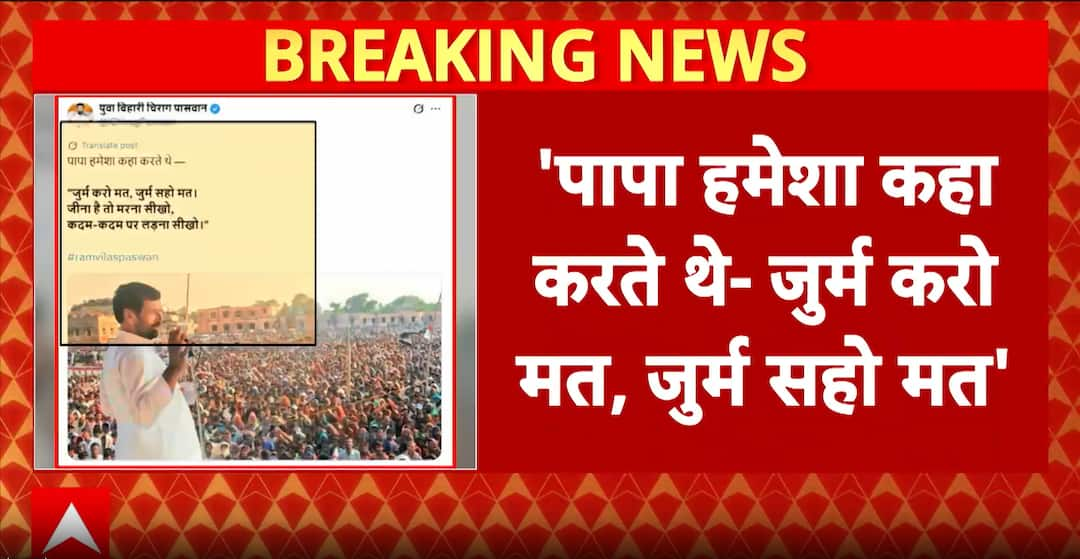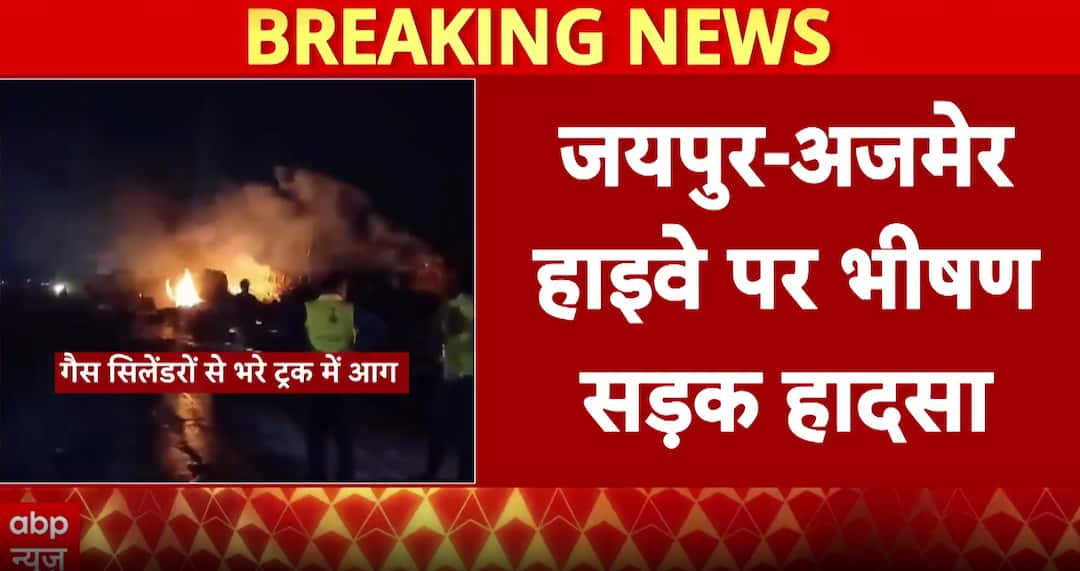Chirag Paswan, leader of the Lok Janshakti Party (LJP), is reportedly unhappy with the National Democratic Alliance (NDA) over seat-sharing in the upcoming Bihar Assembly elections. Sources indicate that the BJP and NDA leadership are reluctant to grant the number of constituencies demanded by Paswan, causing friction within the alliance. This disagreement has intensified discussions and debates among political leaders, highlighting the challenges smaller regional parties face in coalition politics. Both the NDA and the opposition India Alliance are in the midst of continuous negotiations and strategic planning to finalize seat allocations. Analysts suggest that Paswan’s visible discontent is a calculated move to assert his party’s influence and pressure the alliance leadership. Bihar’s political landscape is becoming increasingly competitive, with alliances working to consolidate positions while managing internal conflicts. The upcoming elections are expected to be a high-stakes contest, where regional players like the LJP play a crucial role in shaping the coalition dynamics. Paswan’s actions underline the complex interplay of ambition, negotiation, and strategic signaling that define Bihar politics, making seat-sharing disputes a key factor in the electoral calculations of major parties.



